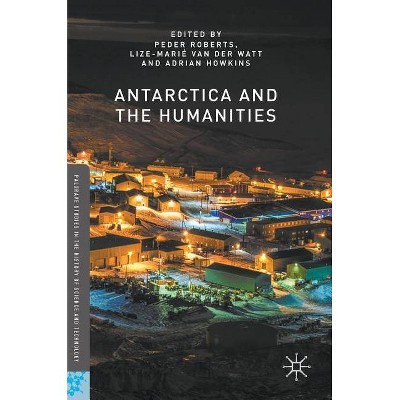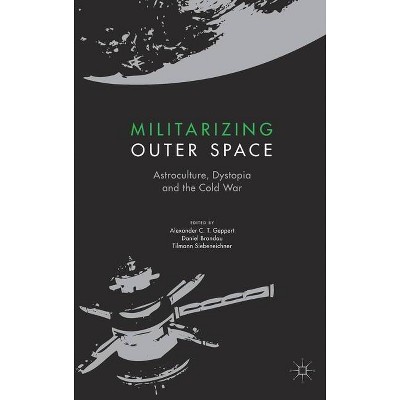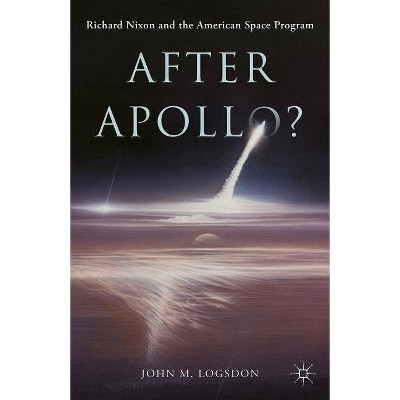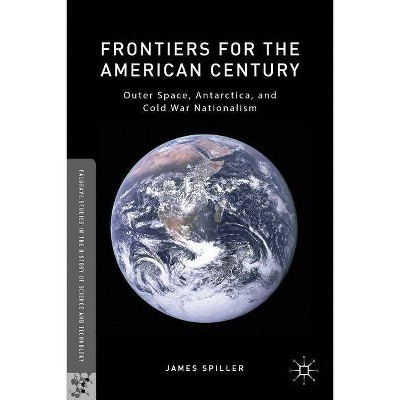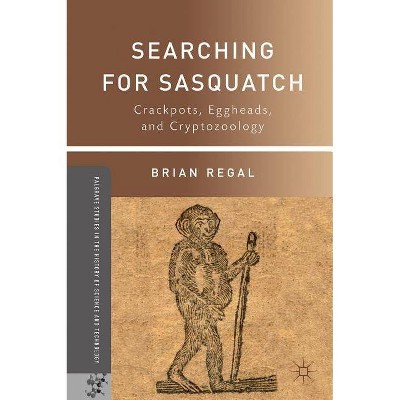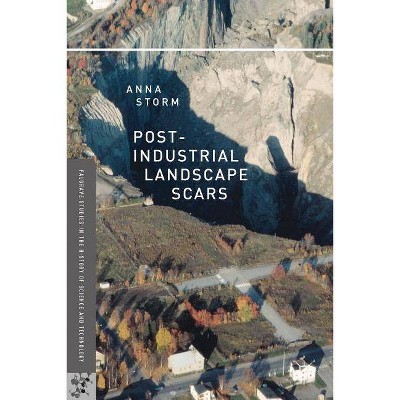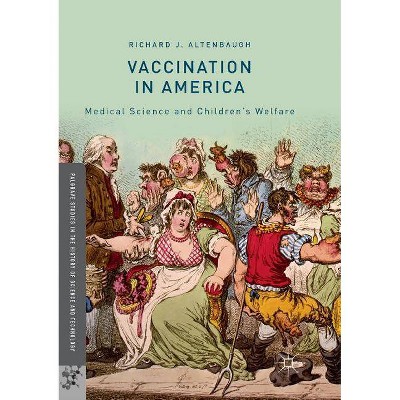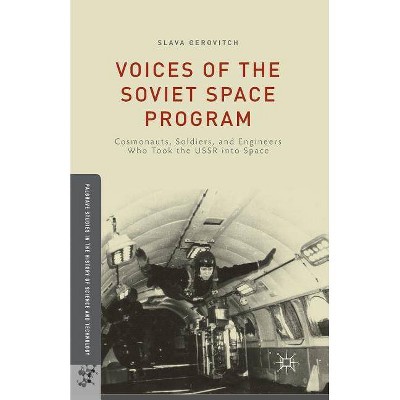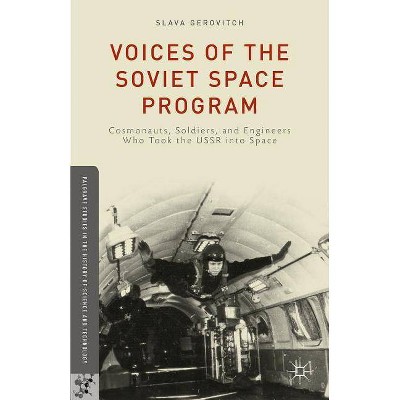Science Studies During the Cold War and Beyond - (Palgrave Studies in the History of Science and Technology) by Elena Aronova & Simone Turchetti
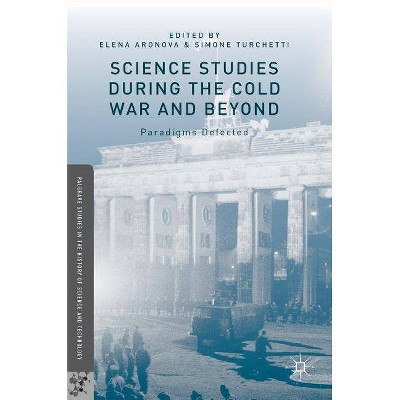
Similar Products
Products of same category from the store
AllProduct info
<p/><br></br><p><b> Book Synopsis </b></p></br></br>In the past two decades, scholars in the cross-disciplinary field known as 'science studies, ' or STS (Science and Technology Studies), have illuminated the ways in which the social, political, and conceptual developments of science and technology in the 20th century were shaped by the symbiotic relationships of science with the state and politics, demonstrating that political ambitions and intellectual/scientific production are inseparable. But this kind of analysis has hardly ever led to the self-reflexive effort to understand science studies as it was informed and shaped by political tensions. As a professional community, science studies scholars themselves are, of course, no exception to dynamics of interaction between experts, politicians and the state. However, so far few existing accounts have examined the social, political, and intellectual developments that laid its foundation. This volume seeks to add historical depth to the existing historiographic reflections on the post-WWII developments in history, philosophy and sociology of science, reconsidering conceptual and political origins of science studies as an academic discipline. In particular, it illuminates the ways in which the confrontation between superpowers informed significant transitions in this field in different national contexts. Since the Cold War defined a bipolar regime founded on opposing ideologies, it created the circumstances for designing different, alternative and at times conflicting interpretations of what science was or should be.<p/><br></br><p><b> From the Back Cover </b></p></br></br><p>This book examines the ways in which studies of science intertwined with Cold War politics, in both familiar and less familiar "battlefields" of the Cold War. Taken together, the essays highlight two primary roles for science studies as a new field of expertise institutionalized during the Cold War in different political regimes. Firstly, science studies played a <i>political role</i> in cultural Cold War in sustaining as well as destabilizing political ideologies in different political and national contexts. Secondly, it was an instrument of science <i>policies</i> in the early Cold War: the studies of science were promoted as the underpinning for the national policies framed with regard to both global geopolitics and local national priorities. As this book demonstrates, however, the wider we cast our net, extending our histories beyond the more researched developments in the Anglophone West, the more complex and ambivalent both the "science studies" and "the Cold War" become outside these more familiar spaces. The national stories collected in this book may appear incommensurable with what we know as science studies today, but these stories present a vantage point from which to pluralize some of the visions that were constitutive to the construction of "Cold War" as a juxtaposition of the liberal democracies in the "West" and the communist "East." <br></p><p/><br></br><p><b> Review Quotes </b></p></br></br><br>"This volume explores the Cold War politics of 'science studies' in less familiar historical contexts across the East-West and Global North-South settings of the Cold War. ... The book provides a much-needed plural description of the different local agendas which defined and shaped the boundaries of 'science studies' in the geopolitical and intellectual context of the Cold War." (Francesco Cassata, ARO - Annali Rezensionen Online, Issue (02), September, 2018) <p/>"'Science Studies during the Cold War and Beyond' provides an occasion for self-reflection where the contours of institutional geography and intellectual hierarchies gain salience, personalities and intellectual identities interlock, and the stories that one may hear at a conference dinner table turn into historiographical questions relevant beyond the confines of our community. This alone is a reason enough to make the volume a must-read for all STS scholars and to attract a broader audience." (Ksenia Tatarchenko, H-Soz-Kult, hsozkult.de, October, 2017)<p></p><br><p/><br></br><p><b> About the Author </b></p></br></br><p>Elena Aronova is an Assistant Professor at the History Department of the University of California at Santa Barbara, USA. She is completing her book, which examines the ways in which ideas about science have become a sphere of Cold War competition, on both sides of the "iron curtain." Her current project, <i>Doing Things with Data</i>, examines the politics of environmental data collection, archiving, and exchange during the Cold War. </p> <p> </p> <p><b> </b></p> <p>Simone Turchetti<b> </b>is Lecturer at the Centre for the History of Science, Technology and Medicine at the University of Manchester, UK. His research focuses on the interplay between scientists, intelligence officers and diplomats during the Cold War period. He is the author of <i>The Pontecorvo Affair: A Cold War Defection and Nuclear Physics </i>(2012), and more recently he has co-edited <i>The Surveillance Imperative. Geosciences during the Cold War and Beyond.</i></p>
Price History
Price Archive shows prices from various stores, lets you see history and find the cheapest. There is no actual sale on the website. For all support, inquiry and suggestion messagescommunication@pricearchive.us
